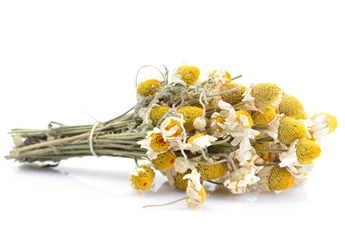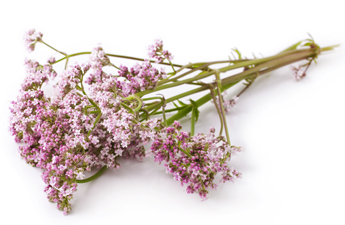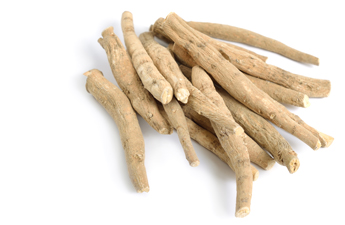Botanical name: Vaccinium myrtillus
Other names: European Blueberry, Huckleberry, Whortleberry, Airelle, Dyeberry
Bilberry has a long medicinal history in Europe. It has been used to treat anything from kidney stones to typhoid fever. Bilberry contains anthocyanins, potent antioxidants which strengthen blood vessels and capillary walls, improve red blood cells, stabilize collagen tissues such as tendons, ligaments and cartilage and have cholesterol lowering effects. They also increase retinal pigments that allow the eye to tolerate light. In addition, it helps to maintain the flexibility of red blood cells, allowing them to pass through the capillaries and supply oxygen. The herb has been shown to be a vasodilator that opens blood vessels and lowers blood pressure. Since the eyes have a high concentration of capillaries, bilberry may be particularly helpful in improving eyesight.
The herb has been shown to improve night vision, slow macular degeneration, prevent cataracts and diabetic retinopathy. Scientific studies have shown improvement in the eyesight, circulation, angina, stroke and atherosclerosis. It is also used to improve varicose veins and has anti-aging effects on collagen structures.
Individuals with hardening of the arteries, diabetes, high blood pressure or other conditions that increase the likelihood of damage to the small blood vessels in the eyes are more likely to have serious vision problems as a result of blood vessel damage. Note that bilberry is taken orally to treat eye problems. It is not used as an eye drop.
Oral bilberry preparations are also used to prevent and treat a condition known as chronic venous insufficiency, which occurs when valves in the veins that carry blood back to the heart are weak or damaged, resulting in varicose veins, spider veins, sores or blood clots in the legs. Because bilberry may strengthen the walls of all blood vessels in the body, it may also relieve haemorrhoids.
Bilberry normalises capillary collagen thickness and blood sugar levels in humans and animals.
Bilberry kills or inhibits the growth of fungi, yeasts, and bacteria. It also kills protozoans such as Trichomonas vaginalis.
Preparation: Ideally use the freeze dried fresh juice, however bilberry powder or tincture are good options.
Reference: https://www.facebook.com/herbshare, Mark Stengler, N.D., The Natural Physician’s Healing Therapies, pp.62-66.
Bilberry Common Uses
Bilberry Actions
Bilberry Recipes
Bilberry Precautions
There is no known toxicity to bilberry. If you have hemorrhagic disorders or are on blood thinning medication, consult your health care practitioner. Note that bilberry is taken orally to treat eye problems. It is not used as an eye drop.
Buy Bilberry online from the Happy Herb Co
![]()
Australia’s biggest range
![]()
25 years of customer satisfaction
![]()
Fast International delivery
![]()
100% secure online ordering


 Nextwave
Nextwave

